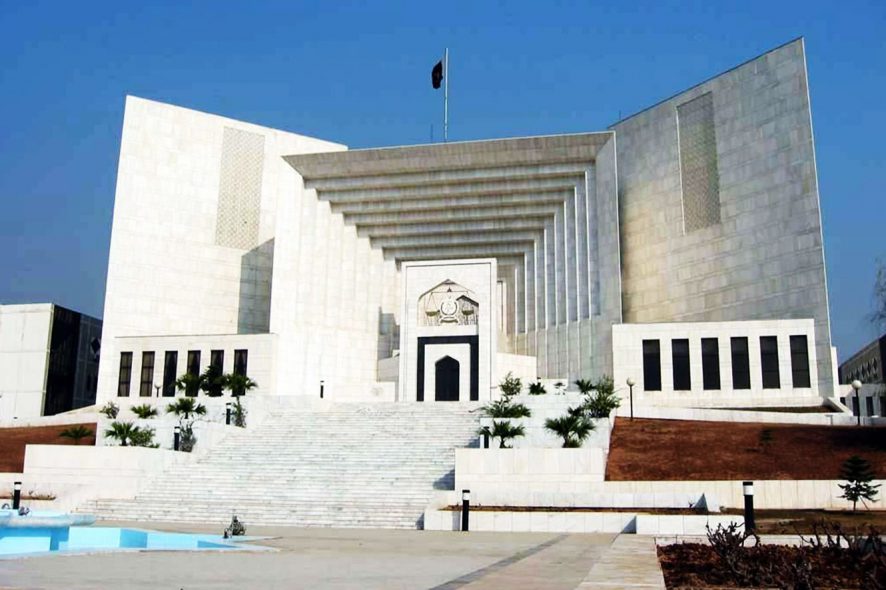“When in the name of preservation of tradition these jirgas/panchayats assume the powers of a pillar of the State, i.e. the judiciary, they threaten the very foundations of the rule of law. What these bodies in effect preserve is the unfair social constructs in the rural areas where the word and arbitrary decisions of the elites, waderas, chaudhries, and persons of influence are treated as law and imposed upon the socially and financially weaker parties.”
Supreme Court of Pakistan: The Division Bench of Mian Saqib Nisar, HCJ and Ijaz Ul Ahsan, J. hearing a petition filed under Article 184(3) of the Constitution of the Islamic Republic of Pakistan, 1973 challenging the legality of operation of jirgas/ panchayats as adjudicatory bodies, held the same to be illegal.
‘Council of elders’ or ‘kangaroo courts’ exist in some tribal areas of Pakistan, particularly in north Khyber Pakhtunkhwa (KPK) and in some rural areas of KPK, Punjab, Sindh and Balochistan.
The Court noted perused the research report prepared by petitioner titled “Women, Violence and Jirgas – Consensus and Impunity in Pakistan” and opined that jirgas violate fundamental rights of citizens as they apply their own customary/tribal/feudal procedure in taking decisions. Customarily negligible representation of women before such councils violates Article 2 of the International Covenant on Civil and Political Rights (ICCPR).
Reliance was placed on Shazia v. Station House Officer, PCrLJ 2004 Karachi 1523 where it was held that operation of kangaroo court/council of elders violates principles of natural justice, due process and fair trial as it does not follow any procedure and operates as a parallel judicial system, thus usurping powers of Court.
The Court also noted the rulings of Supreme Court of India in Arumugam Servai v. State of Tamil Nadu, (2011) 6 SCC 405 and Shakti Vahini v. Union of India, (2018) 7 SCC 192 wherein khap panchayats were declared illegal; and preventative, remedial and punitive measures were introduced to eradicate any khap panchayat ordering honour killings. The Court observed that just like India, Pakistan must also take stringent and immediate action to eradicate the menace of jirgas/panchayats to the extent that they assume power to adjudicate criminal or civil disputes without following any law.
In view of the above, it was held and clarified that it is not the term ‘panchayat’ or ‘jirga’ which is illegal but the act of them posing as courts and usurping the powers of a court of law which is illegal. [National Commission on Status of Women v. Government of Pakistan, Constitution Petition No. 24 of 2012, dated 16-01-2019]






